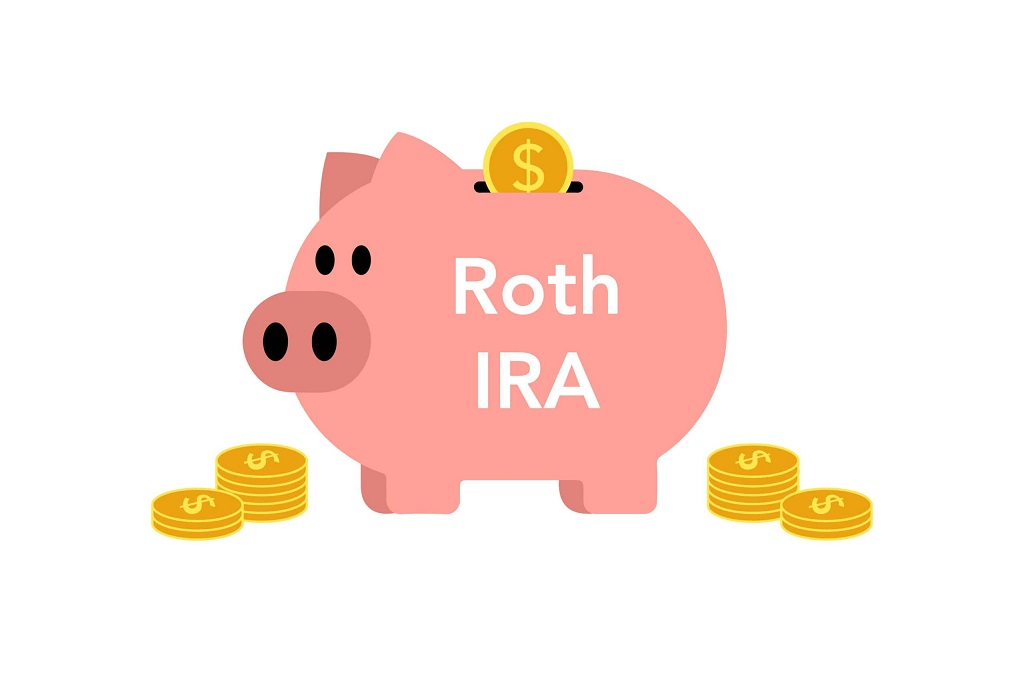With tax rates set to increase in 2026 when provisions of the 2017 Tax Cuts and Jobs Act expire, now may be a good time to consider converting your traditional 401(k) or IRA to a Roth. While you'll need to pay income taxes on the amount you convert, once in the Roth the money can grow tax-free and qualified withdrawals are tax-free in retirement. This gives you more flexibility to manage taxes later.
 SourceMoneyGuru-https://www.mgkx.com/5200.html
SourceMoneyGuru-https://www.mgkx.com/5200.html
No Required Minimum Distributions
A key advantage of a Roth IRA is there are no required minimum distributions (RMDs) during your lifetime, allowing continued tax-deferred growth. RMDs will also no longer apply to Roth 401(k)s starting in 2024. This makes Roths valuable for estate planning.SourceMoneyGuru-https://www.mgkx.com/5200.html
Higher Income? You Can Still Convert
There are no income limits on Roth conversions. Even if you earn too much to contribute directly to a Roth IRA, you can still convert from a traditional IRA. If you don't already have a traditional IRA, you can make a nondeductible contribution and then immediately convert to a Roth IRA - known as a "backdoor" Roth contribution.SourceMoneyGuru-https://www.mgkx.com/5200.html
Estimating Taxes on Conversion
Figuring potential taxes on a conversion is straightforward if you've never made nondeductible contributions, since the full converted amount is taxable income. If you have made nondeductible contributions, you'll need to determine the proportion of nondeductible and deductible funds across all your traditional IRAs. Earnings are always taxable when converted.SourceMoneyGuru-https://www.mgkx.com/5200.html
Managing Conversion Taxes
Tax deductions like charitable contributions can help offset Roth conversion taxes. You may donate up to 60% of adjusted gross income in cash. However, be sure your itemized deductions exceed the standard deduction to benefit. Converting earlier in the year provides more time to pay taxes, but waiting allows more income information and flexibility. Consult a tax advisor for your situation.SourceMoneyGuru-https://www.mgkx.com/5200.html
Focused Conversions
You can convert specific assets you want to keep long-term rather than liquidating investments first. The taxes are the same either way. This "focused conversion" strategy allows you to move selective assets to potentially benefit from Roth tax treatment.SourceMoneyGuru-https://www.mgkx.com/5200.html
The Bottom Line
With tax hikes looming, now may be an opportune time to consider Roth IRA conversion. Work with a financial planner or tax advisor to discuss whether it is a sound strategy for your individual retirement goals and tax situation.SourceMoneyGuru-https://www.mgkx.com/5200.html SourceMoneyGuru-https://www.mgkx.com/5200.html












